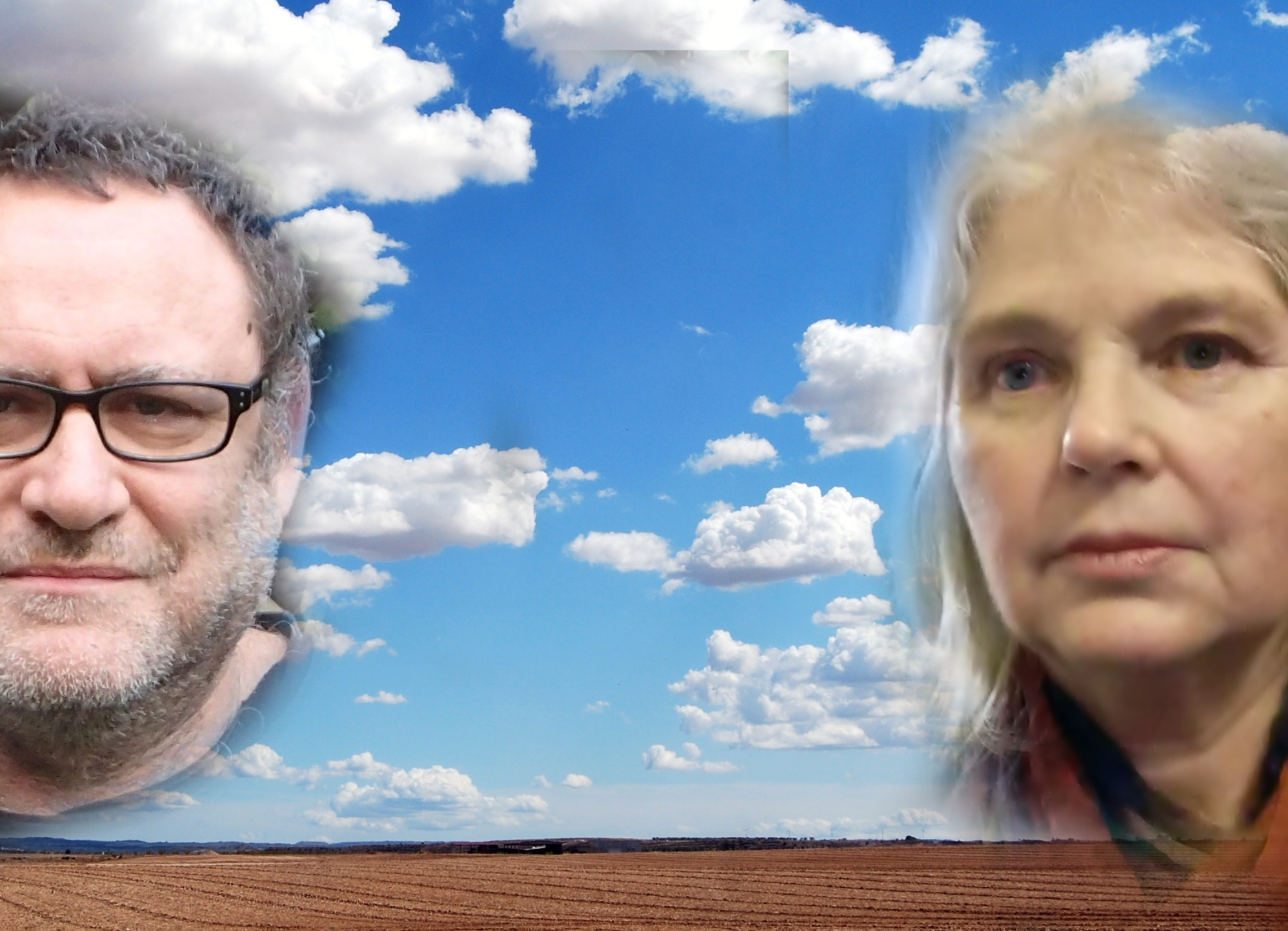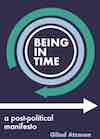Clara: While not many people feel bounded with the soil nowadays, many people would argue that a spiritual home is not enough. I would agree. Identity groups seem to be an answer. But as you rightly said, identitarian views do not make a consistent argument for the universal, especially in a context of victimization. For others home is still a certain place they defend against the invasion of foreigners or wind turbines, which isn’t exactly a universal argument either.
Isn’t following a universal ethos a contradiction to the concept of home? And if not, how do we find our way?
Gilad: Not at all, the bond to the soil, the love of the land, and even biological identitarianism can become universal as long as you accept that it applies to everyone. I am obviously anti- identitarian, but I do accept that, if Jews, Lesbians, Transsexual and Black can identify politically with their biology, then Whites can also do the same. If Jews can identify with their imaginary ‘promised land’, surely Palestinians, the true indigenous people of that land, should be entitled to do the same and actually return to their homes. In short every idea including egoism can turn into a universal ethos once it is stripped of exceptionalism. And to address your question, ‘home’ can be a universal idea as long as we set universal conditions to facilitate such an idea. The Israel/Palestine conflict is a great test case. At the moment Israel is a chauvinist Jewish State. For Israel to become a universal adventure, it has to transcend itself into a ‘State of its Citizens.’ This idea was suggested by Palestinian-Israeli Knesset Member Azmi Bishara, soon after he coined this genius motto he had to run for his life.
Clara: You have explained that Zionism was the promise to civilize the diaspora Jews by means of ‘homecoming’, making them people like all other people, a collective of people bonded with the soil and living in peace and harmony with their neighbors.
So is home, for you, living in peace with oneself and the universe, so to speak?
Gilad: To start with I am not a Zionist and making myself ‘people like all other people’ isn’t my objective. I also contend that making Jews people like all other people is a problematic motto for other people do not want to resemble other people. Living in peace and loving my neighbors isn’t an objective for me but rather the way in which I live my life. However, my relationship with myself is a different matter all together. I, in fact, live in peace and harmony with my neighbours despite my upbringing and early indoctrination: despite the goy hatred, the chosenness, and the constant Shoah brainwashing. I had to clear all those out of my system. This is exactly where self-hatred becomes a positive force towards harmony and reconciliation.
Clara: I must admit, that when you first talked about self-hate being the path to the universal, I strongly disagreed. I thought it was exactly the path to hundreds of atomic bombs threatening the world. But I guess I didn’t grasp what you were saying at all. It is about that ‘know thyself’ moment in your life when you discovered you were ‘the Nazi here’ which changed everything, isn’t it?
So I agree with you if you define self-hate as being able to look at yourself in a detached and self-critical way and self-love as not being able to do that. It needs that special ugly moment to develop such a capacity. To be honest, I have had such moments, too. But self-hate alone cannot be the way to harmony. I think you need to be able to love yourself to be able to love others. And btw, even though you call yourself a self-hater, I do not think that you hate yourself so much. You actually seem to be quite in peace with yourself and the world around you (a long as there is no smear campaign in sight).
Gilad: You are obviously correct. Let me address your point in a humorous manner. If you define Jewishness as an intense form of self-love, then Jewish self-hatred can be realised as ‘loving oneself hating oneself.’ We obviously accept that self hate is a metaphorical notion. I wouldn’t necessarily argue that it is a universal path. But it is clearly a recognized Jewish path towards the universal. It is a method of breaking out of intellectual and spiritual stagnation. I better admit that I love myself hating myself, this is probably what is left of the Jew in me. But I also love reading and exchanging with other self haters. For me the so-called self haters, Jesus, Spinoza, Weininger, Marx were whistleblowers, as we call them these days, they actually introduced a scope of harmony.
Clara: We are talking about a painful individual process here. Can such a process be applied to a group? You said before that ‘there is no collective remedy to the Jewish question. If Jews want to rescue themselves, they must break out alone in the night, in the dark with the hope that they meet the universal at daybreak.’
Gilad: Yes, this is my view. There is no collective remedy for the Jewish question. Why? Because people who are tied to each other by a phantasmic exceptionalist notion of race, biology or blood, will always fall into the same chauvinist racist trap. This is what happened to Zionism, it promised to emancipate the Jews from themselves but ended erecting the biggest ghetto walls known to man. This is exactly the trap the Jewish anti Zionist have fallen into. They promised to emancipate the Jews from the Zionist but ended operating within privileged racially oriented political ghettos that are identical with Zion.
Clara: Isn’t that the end of any collective effort to fight for a peaceful and more just world?
Gilad: On the contrary, this is where we launch into a search for ethics in ourselves. This is where we depart from Jerusalem (the city of mitzvoth / commandments) and reinstate Athens (the capital of reason) once again. We dig into the meaning of being human regardless of our gender, race or skin colour. We leave the tribal behind and re-launch our expedition towards the universal.
If they want to burn it, you want to read it …




No comments:
Post a Comment